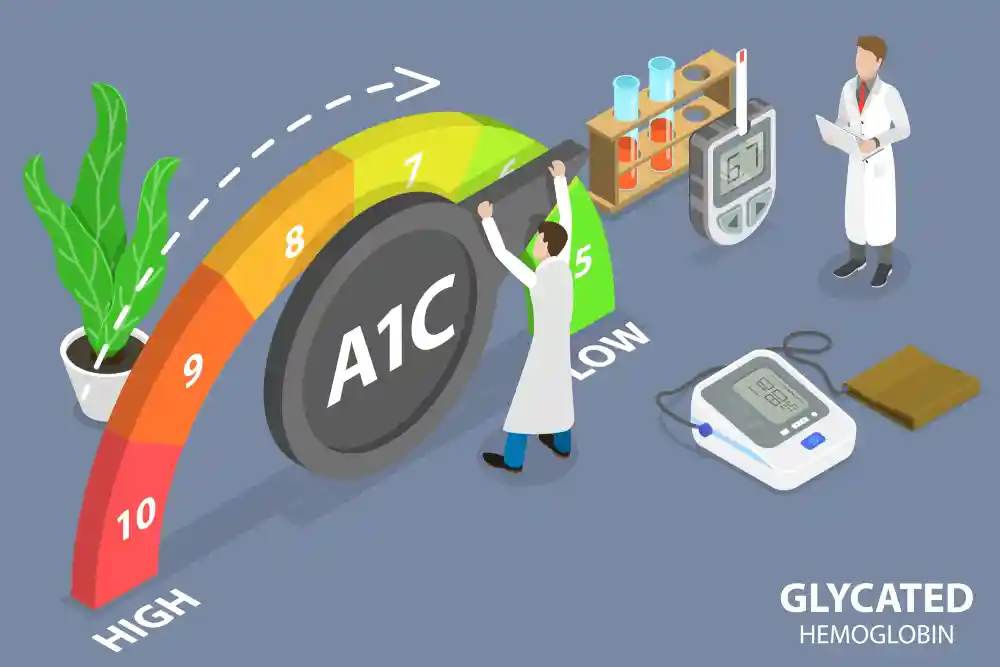Are high hemoglobin levels dangerous?

Unlike anemias, polycythemia doesn’t receive much public attention first because it is not a “deficiency” and secondly because it is far less common than anemias. It is, however, not a mild condition and complications can occur either because of the condition that caused polycythemia in the first place like smoking, chronic obstructive pulmonary disease or steroid use or as a result of polycythemia itself. Complications of polycythemia include:
- High risk of blood clotting: Polycythemia increases the density of red cells and favors the occurrence of blood clot. Blood becomes more viscid leading to a more sluggish circulation which causes platelets to aggregate and form a blood clot. This can also occur in some conditions like polycythemia vera where platelets increase in number along with red cells. Blood clots can occur in the deep veins of the leg especially on long sitting like in flights, and then they may dislodge and cause pulmonary embolism (blood clots in the lung) which can be fatal. Blood clots can also occur in the coronary arteries causing heart attacks, or in the cerebral blood vessels causing strokes.
- Symptoms of vascular insufficiency: Even without clotting, the sluggish viscid blood can hardly transport oxygen to tissues causing a multisystem affection which can appear in the form of anginal chest pain, cramping pain in the calves and decreased exercise tolerance. Other symptoms of this condition include ear tinnitus (continuous machine-like humming or ringing sound in the ears), headache and dizziness.
- High blood pressure: The fluidity of blood is a major contributing factor to blood pressure and if the blood’s viscosity increases, blood pressure will surely rise.
